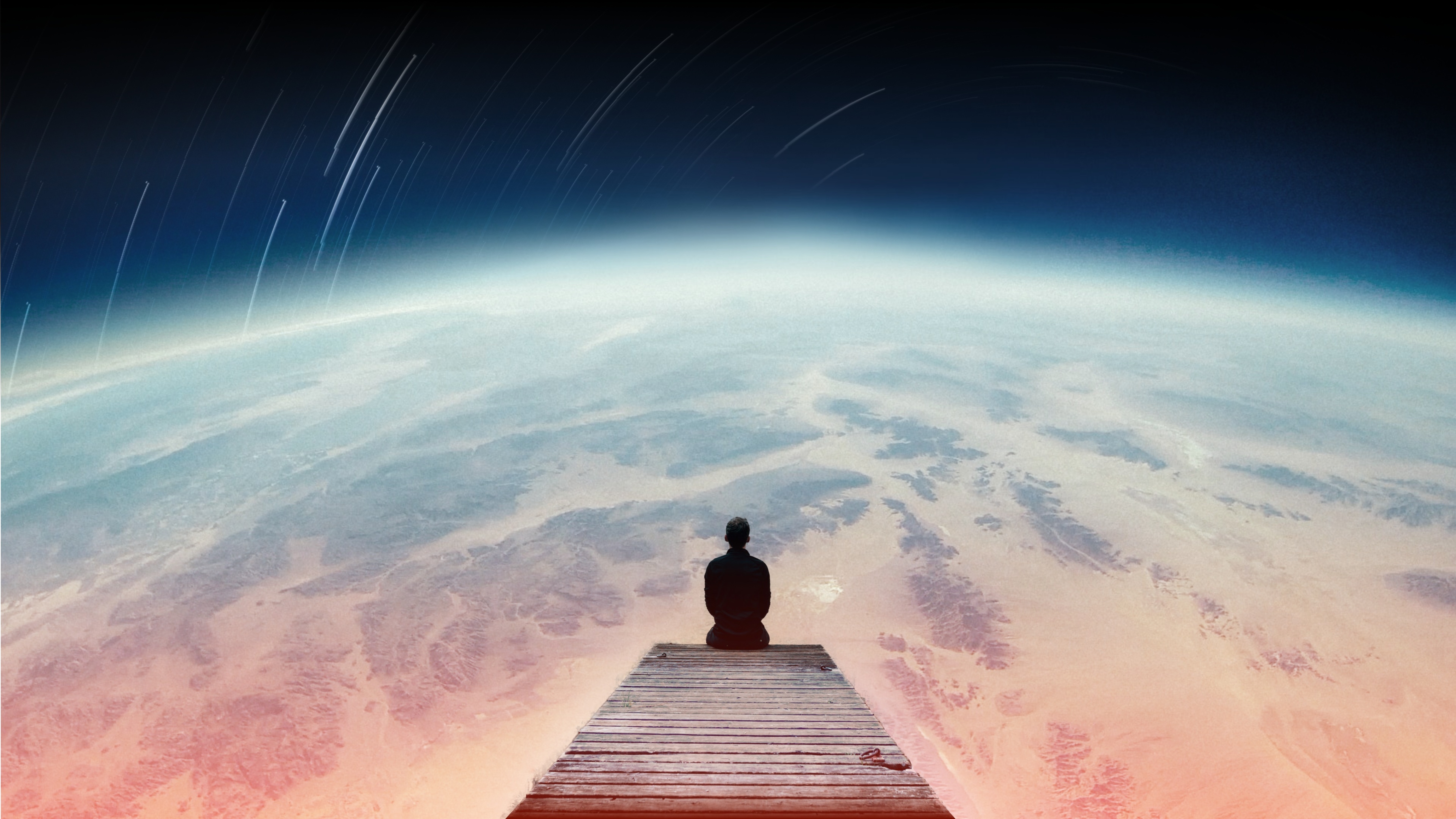Nick Cartwright
18-07 Careers
Introduction
This year, humans throughout the world will celebrate the 50th anniversary of humankind’s first lunar walk.
1969 was also the year John Lennon wrote a song about the Zeitgeist and what ‘everybody’s talking about.’[1]
50 years prior to the words ‘Houston, the Eagle has landed’ being broadcasted on TVs and radios around the world, would people have predicted this giant leap for mankind?
This essay will endeavour to discuss what the future of the workplace in the world will look like 50 years from now. This is a vast topic, so I have decided not to explore topics such as climate change, huge demographic change and the global move to a cashless economy.
I have also made three assumptions regarding what this future will look like, and what people will be taking about in 2069:
- Humanity will firmly be rooted in an age of Artificial Intelligence (AI);
- World states will be engaged in armed conflicts;
- Man’s thirst for exploration, innovation and invention will be undiminished.
The Nature of Jobs
We often talk of robots taking jobs away[2], but people will still be needed to operate them at some level. People will still need to charge household items such as more sophisticated smart phones, which we see today from the likes of Google and Samsung.
When your future self spills coffee over your next-next-next generation Apple Macbook, you will still need to bring it in for assessment with an empathetic employee, who asks you whether you tried putting it in a big bowl of rice to dry out.
The World Development Report 2019 suggests that jobs aren’t disappearing; they are relocating.[3] The report suggests that there are three trends emerging regarding the future of the workplace:
- In both advanced and emerging economies, more advanced cognitive and emotional skills are in greater demand;
- Repetitive skills that are specific to a single job are on the decline;
- Increasingly, workers with a combination of different skills are in demand.[4]
Whilst some may argue that the future looks pretty bleak, others would say that the dawn of the AI age provides opportunities for the savvy entrepreneur of today and of 2069.
The world we live in is becoming increasingly fast-paced and interconnected, and there is no evidence that this way of life is on the decline.
Merchant capitalism is on the rise, where services to enrich a ‘pay as you go’ society are appearing at a seemingly relentless rate.
The most important aspect of emerging technologies is “how people and organisations put them to work.”[5]
Services like UberEats for home fast-food delivery, Ocado for delivered-to-your-kitchen grocery shopping, and Netflix films so you don’t even have to go to the cinema to see the latest blockbuster, are on the rise.
AI will only refine these services by 2069: whilst the scooter driver delivering your McDonald’s Big Mac (now with bacon meal as an option) may be replaced with the drone, a subsequent ‘UberEats’ drone may nonetheless have to be dispatched when the first drone somewhat uncharacteristically has an electronic heart attack upon delivering your order at your front door.
When the drones are gone, you then realise that the Coke Zero you ordered in fact turned out to be a Diet Coke.
That is when a new reliable ‘UnterEats’ (founded by a human merchant capitalist who has understood that there is a gap in the market for responding fast to order mistakes) drone arrives to save the day and deliver that much desired Coke Zero (with a commission charge for the dispatch, of course).
Joking aside, humans will always find innovative ways to make money. Where money is made, jobs, for AI as well as people, are created.
The country in which you live in 2069 will also offer new jobs to its human citizens.
The solar panels which cover the roof and outside walls in the flat you live in (and hopefully own after the housing price crash of 2036) will contribute energy to the National Grid, for which you will be paid (admittedly, probably from the money you still contribute to society in the form of local council tax).
You may even be an MP, as the county you live in a few years back replaced the country’s elected politicians with a select citizen’s assembly, which resembles a form of political jury service, as suggested by the Canadian ecological campaigner David Suzuki.[6]
In 2069, the interconnectedness between the citizen and the state will be much stronger than it is today – financially, sociologically and politically.
Conflict
In 2069, the state you live in will be engaged in armed conflict somewhere in the world. 500 years ago, England and France were waging war against one another, with Henry VIII having invaded northern France in June 1513. 50 years ago, Col. Gadaffi seized power in Libya, and British troops were first deployed to Northern Ireland to deal with the clashes between Unionists and Republicans.
Whilst studying our human past doesn’t always provide us with a crystal ball for the future, it can be nonetheless suggested that our inherent propensity to wage war on one another will not disappear any time soon.
With conflict comes industrial and technological advancement, as well as jobs. For people like Juan Wachs, witnessing conflict first hand as a medical student called up to be a Reservist to the front line in 2005 opened his eyes the “need for a new type of technology – one to support soldiers in the field.”[7]
Conflicts, as we have recently seen in the fight against Da’esh in the Middle East and beyond, brings scarcity, migration and destruction.
These inevitably provide work opportunities for people: be it growing food for a refugee agency, providing safe passage to a safer country across a river or sea, or making the bricks and mortar needed to rebuild a home in Baghouz, Syria.
State leaders will continue to spend a vast amount of their country’s GDP on defensive, and offensive, capability.
For example, the US Department of Defence (DoD) today employs 1,400,000 active duty personnel, 1,100,000 reservists and 86,100 civilians.[8]
Whilst these numbers in the short term may decrease due to financial cuts, other conflicts may arise in the near future which will call for an increase in DoD employees.
The industrial machine that is war, for good or evil, will not cease to be a workplace which create jobs for humans.
The Last Frontier
To John Dunbar, in Kevin Costner’s Dances With Wolves 1990 film, the last frontier was the Wild West. Today, space – perhaps with the exceptions perhaps of the as of yet unexplored depths of our oceans – is humanity’s latest frontier.
No one knows if the universe is infinitely large[9], but what is for sure is that it’s pretty damn big. By 2069, the first human will have walked on Mars. What will follow in the years to come is the human colonisation of the Moon and Mars. History tells us that Man’s desire to explore is insatiable.
This year, for example, marks the 500th anniversary of Cortés and his Conquistadors’ arrival on the shores of Mexico. Today, the world’s space agencies combined already spend tens of billions of dollars on space exploration (spaceX).[10] This begs the question – why?
Whilst this isn’t an essay on the intricacies and complexities of the collective human psyche regarding the meaning of life, perhaps an answer is because geo-politically, there isn’t much wrong with spaceX. Even the greatest of foes in modern history (the US and Russia) work together in the interests of exploring the vast abyss that is space.
Humans are curious about spaceX: when new things about the universe are discovered, people care.
The antics of the Spirit, Opportunity and Curiosity rovers on Mars have captivated much of the population of the world in the 21st Century. So has the successful germination of the first seeds on the Moon, accomplished by China’s Chang’e-4 mission in January this year.
As already discussed, these missions cost billions of dollars and, crucially, a workforce of hundreds of thousands of people.
It can be safe to imagine that these numbers, expenditure and workforce size, will have increased dramatically in 2069.
Summary
The future of the human workforce is not bleak. We will have to adapt constantly, learn from and overcome the challenges which new technologies, conflicts and discoveries bring.
With such challenges come opportunities. It is up to us and future generations to seize these today, in 2069, and beyond.
[1] Song: Give Peace a Chance, by John Lennon, 1969.
[2] Article: The future of work still requires people – so stop investing in them at you peril, MIT Review, Jan 2019.
[3] Report: The World Development Report, 2019.
[4] Article: The future of work still requires people – so stop investing in them at you peril, MIT Review, Jan 2019.
[5] Article: 6 Trends Shaping a Future for people in the Workplace, entrepreneur.com, by Julien Codorniou.
[6] Article: Why we need to reinvent democracy for the long-term, BBC, March 2019.
[7] Article: The Workplace of the Future, wired.com, 2018.
[8] Article: Department of Defence and its Effect on the Economy, thebalance.com, March 2019.
[9] Article: How big is our universe?, www.nasa.gov, 2004.
[10] Article: How much money is spent on space exploration?, http://curious.astro.cornell.edu, 2015.

